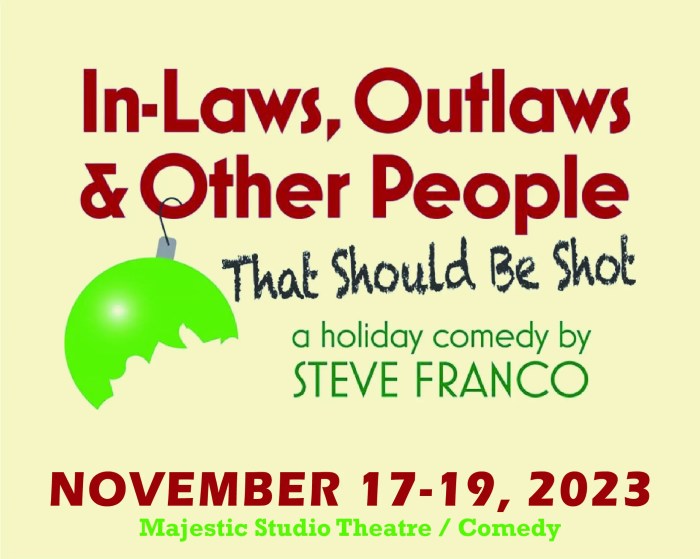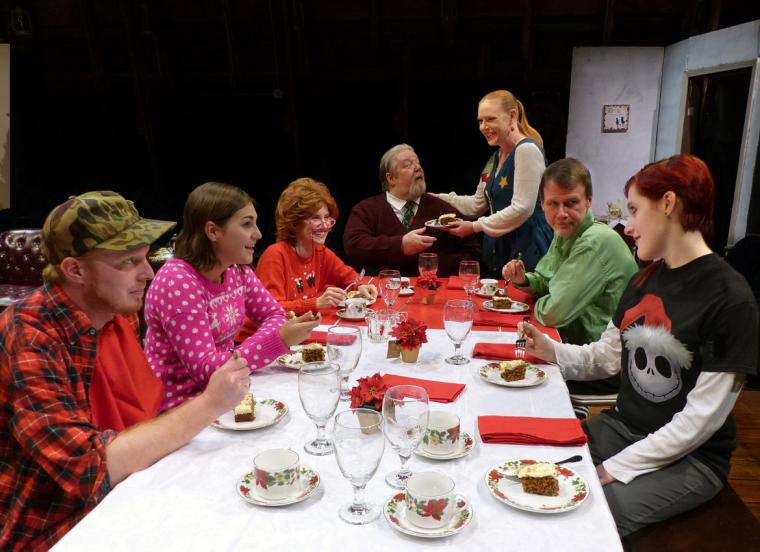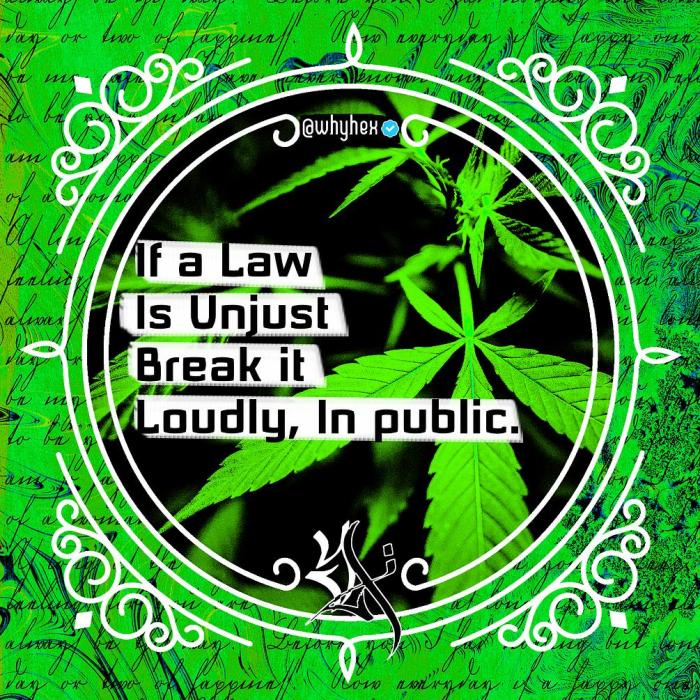In laws outlaws and others who should be shot – In the realm of human relationships, “In-Laws, Outlaws, and Others Who Should Be Shot” presents a thought-provoking exploration of the intricacies of family ties, societal norms, and the boundaries of ethical behavior. This essay delves into the complexities of in-law relationships, the motivations and consequences of criminal activities, and the historical and cultural context of the phrase “others who should be shot.”
Through a comprehensive analysis of these diverse topics, this essay aims to challenge stereotypes, unravel societal perceptions, and foster a deeper understanding of the multifaceted nature of human interactions.
In-Laws: Family Ties and Relationship Dynamics

In-law relationships can be complex and multifaceted, often involving a delicate balance between family expectations and personal boundaries. This section explores the intricacies of these relationships, examining potential conflicts and misunderstandings.
Challenges in In-Law Relationships
- Differences in family values and expectations
- Unresolved conflicts between spouses and their parents
- Jealousy or resentment among siblings-in-law
- Power struggles and competition for influence
Strategies for Fostering Harmony
- Establish clear communication channels
- Set boundaries and respect each other’s privacy
- Show empathy and understanding for different perspectives
- Seek professional help if conflicts cannot be resolved
Outlaws: Breaking the Law and Societal Norms

Outlaws, individuals who engage in criminal activities, pose a significant threat to society. This section delves into the motivations and characteristics of these individuals, examining the societal consequences of lawlessness.
Motivations for Criminal Behavior
- Poverty and lack of opportunity
- Peer pressure and gang affiliation
- Mental health issues or addiction
- Rebellion against authority or societal norms
Consequences of Lawlessness
- Harm to victims and their families
- Economic costs to society
- Erosion of public trust and safety
- Increased fear and anxiety among citizens
Others Who Should Be Shot: Ethical and Legal Considerations: In Laws Outlaws And Others Who Should Be Shot

The phrase “others who should be shot” has a complex historical and cultural context. This section analyzes the ethical implications of using violence as a means of resolving conflicts, exploring the legal ramifications of such actions.
Ethical Implications of Violence, In laws outlaws and others who should be shot
- Violence undermines the rule of law and due process
- It perpetuates a cycle of violence and retribution
- It dehumanizes individuals and violates their rights
- It can have unintended consequences and escalate conflicts
Legal Considerations
- The use of lethal force is generally only justified in self-defense or to prevent imminent harm
- Excessive or unnecessary force can result in criminal charges
- The legal definition of self-defense varies depending on jurisdiction
- Individuals who use lethal force may face civil lawsuits from victims or their families
Societal Perceptions and Misconceptions

In-laws, outlaws, and other marginalized groups often face stereotypes and prejudices. This section explores the role of media and popular culture in shaping public perceptions of these individuals.
Stereotypes and Prejudices
- In-laws are often portrayed as interfering or overbearing
- Outlaws are often depicted as dangerous and violent
- Marginalized groups are often seen as a threat or a burden
Media and Popular Culture
The media and popular culture play a significant role in shaping public perceptions of marginalized groups. Negative stereotypes and sensationalized portrayals can contribute to fear and prejudice.
Challenging Negative Stereotypes
Campaigns and initiatives aimed at challenging negative stereotypes can help to promote understanding and empathy. These initiatives often involve sharing personal stories, providing factual information, and engaging with marginalized communities.
FAQ Corner
What are some common challenges faced in in-law relationships?
In-law relationships can be fraught with challenges such as differing expectations, boundary issues, and the potential for conflict between spouses and their extended family members.
What are the societal consequences of lawlessness?
Lawlessness can have devastating consequences for individuals, communities, and society as a whole, including increased crime rates, social unrest, and economic instability.
When is the use of lethal force ethically justified?
The use of lethal force is ethically justified only in situations where it is necessary to prevent imminent harm to oneself or others, or to apprehend a dangerous criminal.